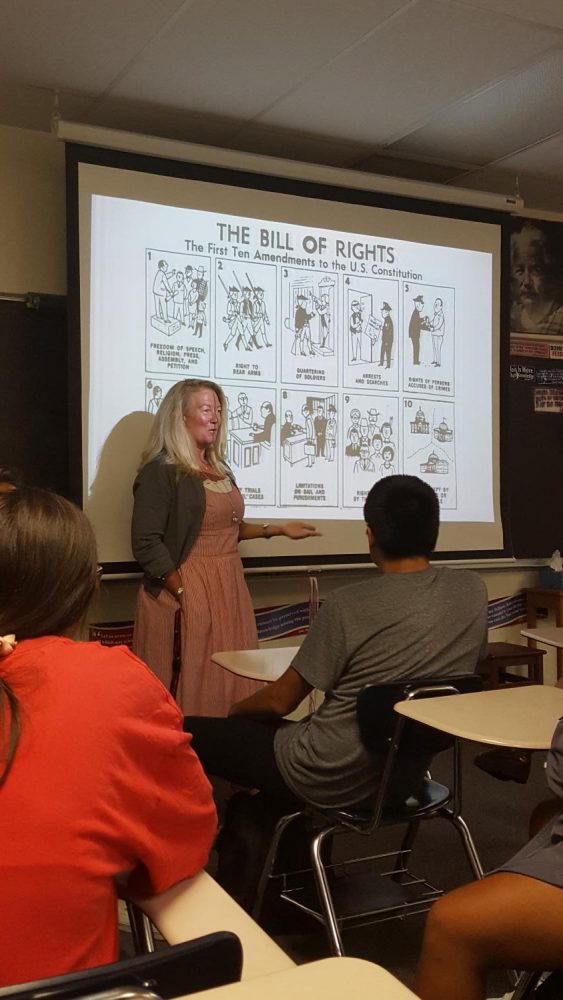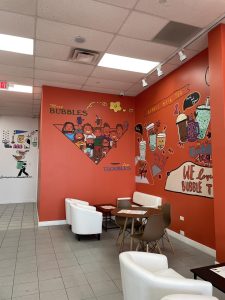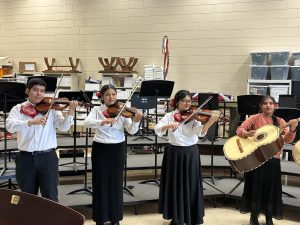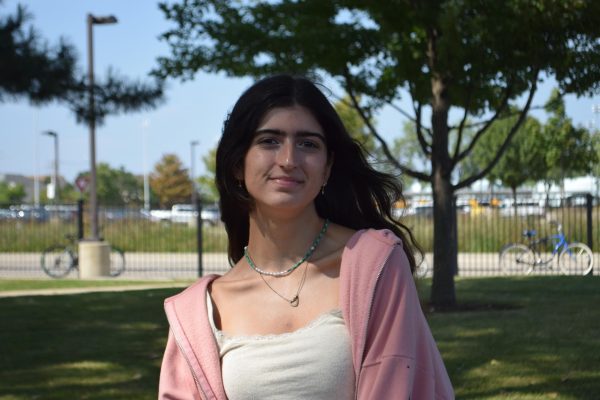High school culture: today vs. the 70’s
Courtesy of Yoana Trendafilova
History teacher Jeanne Hedgepeth educating her students.
September 15, 2017
“I remember when I was 15 years old going into a McDonalds and a guy was in a dress and me and my girlfriends were laughing,” Jeanne Hedgepeth, a PHS social studies teacher marveled. “‘What was he wearing a dress for’.”
Hedgepeth grew up in the 1970’s. This time period was a decisive point in America’s history, similar to today’s political climate. Despite governmental similarities, however, there were many differences in the overall culture.
The 70s, similar to the 10s, brought about a great uproar from young adults when it came to political involvement. The 70s saw the end to the vietnam war, a war that was one of the most controversial conflicts in American history. This great decisiveness amongst americans, brought about the rise in political outspokenness in teenagers.
“Because of the Vietnam war, it would be popular for people to wear bracelets that were for the POWs,” Hedgepeth stated. “Prisoners of war were missing in action and people were very concerned about that.”
Instead of the Vietnam war, high schoolers are now living in division over the controversial new administration. The current white house has brought the thousands of students at Palatine High into factions, many showing support or dislike through their apparel.
“I feel like it (the new administration) has created more of a divide between everyone,” expressed Palatine high school student, Yoana Trendafilova. “It’s opened up a chance to have a conversation about politics.”
The decisiveness may not be the only political connection between the past and today. High schoolers have notoriously focused much of their political attention on social justice causes. One of the most prevalent causes being feminism.
“What you really notice about the women’s movement was that people were talking about it a lot,” Hedgepeth revealed. “It would always be women and men’s relationships and how women didn’t feel fair, especially in the marriage.”
The 70s brought about a time of second wave feminism, in which feminist promoted the abandonment of gender roles and overall social equality for women. Teenagers now are living in a generation of third wave feminism, in which the ideals of the past continue to be supported.
“I think it’s a lot of current issues that are going on in our country,” Trendafilova responded when asked what social issues teenagers tend to focus on the most. “Mainly social issues, such as LGBTQ issues or feminism. I feel like because it’s more prevalent in our everyday lives.”
There are also many social issues that were not prevalent in the 70s, but have become large topics of discussion of today.
“When I graduated in 1980, AIDs came about.” Hedgepeth revealed. “No one really talked about the gay community in the 70s.”
These types of breaking gender norms and having conversations about the LGBTQ community, is for the most part culturally accepted today. However, in the 70s there was a much greater stigma attached to these subjects.
“You’d start to see those issues on like Phil Donahue,” Hedgepeth recalled. “I remember watching the first transsexual person interviewed by Phil Donahue and being like: ‘oh my god are you kidding, wow.”
Although transgender rights are still a widely debated conversation, it is a conversation nonetheless. Unlike the 70s there is a fairly large support of the trans community, as well as the gay community. These social justice issues, as revealed by Trendafilova, are extremely prevalent amongst teenagers.
Along with some topics of political discussion, there is also a large gap between the style in the 70s and today.
“You know another thing at least for the younger people, being natural was totally in style,” Hedgepeth marveled. “Like not wearing makeup and letting your hair grow naturally.”
This fad was just that: a fad, today there is now a growing support for body alteration.
“I have witnessed desire to you have plastic surgery of some kind,” Hedgepeth argued. “You know especially on your breasts and pumping up your lips.”
Overall, there has been many changes as well as continuations in political and social culture over the years. Teenage years are some of the most enlightening years that a person may experience and the culture they grow up in will inevitably shape who they become.









Anonymous • Jun 11, 2020 at 10:20 pm
Huh. Interesting.